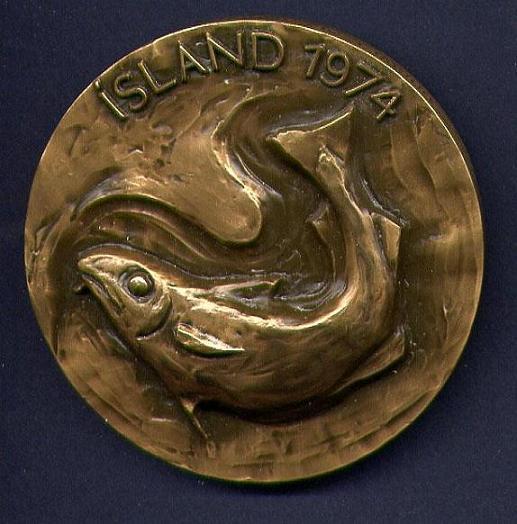Why Ramsey Clark Defends Saddam, Nazi's, etc.
 Today, BBC (Baghdad courtroom) - The prosecution began producing evidence as the trial of Saddam Hussein and his 7 co-defendants resumed briefly.
Today, BBC (Baghdad courtroom) - The prosecution began producing evidence as the trial of Saddam Hussein and his 7 co-defendants resumed briefly.A former US attorney general is a key member of Saddam's defence team. Ramsey Clark has defended many high profile clients in his controversial career since leaving LBJ's Whitehouse after only two years in 1969. His client list has included former Yugoslav strongman Slobodan Milosevic, American activist Leonard Peltier, Bosnian Serb leader Radovan Karadzic, Omar Abdel-Rahman (the blind Egyptian sheikh accused of masterminding a plot to collapse the World Trade Center), Elizaphan Ntakirutimana (former church head in Rwanda) sentenced to prison for aiding and abetting genocide, and Nazi concentration camp commander Karl Linnas.
Why would a man of Clark's stature stoop so low cannot be explained in the usual manner for lawyers; that is, everyone, regardless of guilt deserves the best possible defense. There is more to Clark's motivation than noble cause. You need to know how Clark ended his own father's (Tom Clark) career on the U.S. Supreme Court:
Tom Campbell Clark (1899-1977), an associate Justice of the U.S. Supreme Court, was forced to resign in 1967 by President Lyndon Johnson's appointment of his son, Ramsey, to the post of U.S. Attorney General. The obvious conflict of interest is thought by some to have been intended by President Johnson as a surefire method of dumping the elder Clark. Ramsey, however, agreed to sacrifice his father. Thurgood Marshall was appointed in his stead.
To many lawyers being a Supreme Court Justice is the pinnacle of their profession. Some would argue that the prestige is better than a President's due to the lifetime term the comes with the appointment.
Realizing his political career had been prematurely eclipsed by LBJ's early retirement two years after agreeing to end his own father's Supreme Court career, poor Ramsey Clark may have felt obliged to prove his selfish pursuit of government office had not been foolish, as well. He needed to demonstrate the validity of his temporary ascendancy with personal achievement greater even than that of his Supreme Court Justice father. But how? After a failed bid for the Senate in 1976, Clark abandoned government service and set out to provide legal defense to victims of oppression.
Clark had to rise on a larger playing field than private practice in the U.S. That meant international law. His clients from then on had to be of internationally high profile and their wealth would often be essential. The more unsavory the accusations against Clark's clients, the more his reputation was boosted abroad. This assured more unsavory client's and wealth. The private career of this guilt-ridden, decidedly liberal, eminently qualified lawyer prospered.
So began the career of a very guilt-ridden, decidedly liberal, eminently qualified lawyer to his gutter stature. Even Senators Kennedy and Kerry would not stoop as low, or would they?


2 Comments:
i'm not exactly sure of the details, because it has been a few years, but wasn't clark involved in some shady british banking firm that got in seriously deep kimchee over illegal practices? i'll have to look it up, but think it was something like BCI, or somesuch thing. now i'll have to go ask jeeves. thanks. i was getting ready for bed. oh well!
my bad. it was clark clifford, and the BCCI banking scanal. not that there is much difference between the clarks.
Post a Comment
<< Home